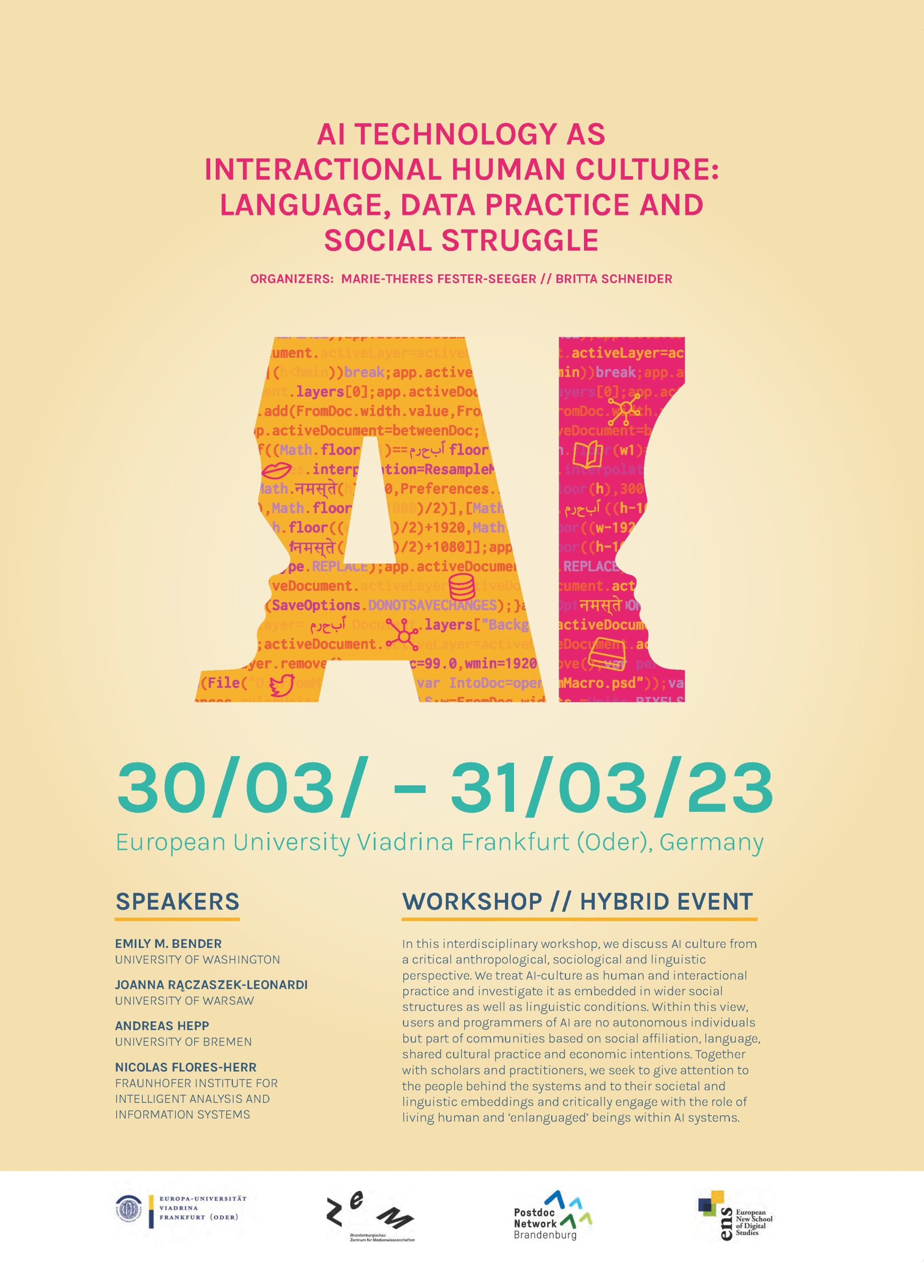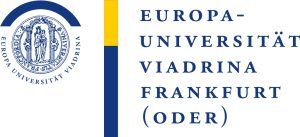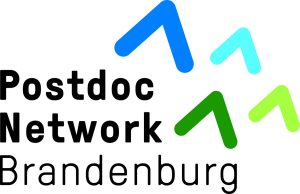
30. März 23 -
Fr.
31. März 23
Ort
Europa Universität Viadrina Frankfurt (Oder) und online.
Workshop: „AI-Technology as Interactional Human Culture. Language, Data Practice and Social Struggle“
In this interdisciplinary workshop, we discuss AI culture from a critical anthropological, sociological and linguistic perspective. We treat AI-culture as human and interactional practice and investigate it as embedded in wider social structures as well as linguistic conditions. Within this view, users and programmers of AI are no autonomous individuals but part of communities based on social affiliation, language, shared cultural practice and economic intentions. Together with scholars and practitioners, we seek to give attention to the people behind the systems and to their societal and linguistic embeddings and critically engage with the role of living human and ‘enlanguaged’ beings within AI systems.

Keynote speakers
We are pleased to announce following keynote speakers:
Emily M. Bender, University of Washington
Joanna Rączaszek-Leonardi, University of Warsaw
Andreas Hepp, University of Bremen
Nicolas Flores-Herr, Fraunhofer Institute for Intelligent Analysis and Information Systems
RBB24 berichtete über die Veranstaltung im Beitrag „Viadrina diskutiert mit internationalen Wissenschaftlern über Künstliche Intelligenz“ (RBB 03.04.23). Sämtliche Vorträge stehen zudem als Videos im medienportal der Viadrina zur Verfügung.
See the full Programme (PDF) and the Book of Abstracts (PDF). We ask for prior registration by e-mail to .
Research questions
With the ambition to create an open discussion that is cross-theoretical, cross-disciplinary and bridges the divide of academic and applied practice, this workshop focuses around the following questions:
- How do social values and cultural traditions, among them beliefs about machines, commercial interests, technological affordances and notions of language frame the development of AI technology?
- How do traditions of writing, established language norms, the dominance of English and people’s beliefs about language shape the programming of speech-enabled AI or translation technologies? What is the role of non-standardised forms, language change and variation, sound-based social positioning, bodily gestures and poetic functions in AI language models?
- How do users co-construct and experience technologies in embodied, language-specific and culturally-shaped ways? How does human-to-human interaction as well as social normative discourse impact people’s use and co-creation of AI-systems in their homes or workplaces? What is the effect of the affordances of machine interaction on users’ speech as an embodied and conversational practice? Related to these practices, what kinds of human language data feed back into servers of companies?
- And, finally, what do we learn from all this with regards to the question what constitutes democratic, culturally-sensitive and human-centred AI?
Organizers
Marie-Theres Fester-Seeger, PhD
Prof. Dr. Britta Schneider
International Workshop at European University Viadrina Frankfurt (Oder), Faculty of Social and Cultural Studies, co-funded by the ZeM – Brandenburg Centre for Media Studies within the annual focus 2022/2023 „Digital Realities“









